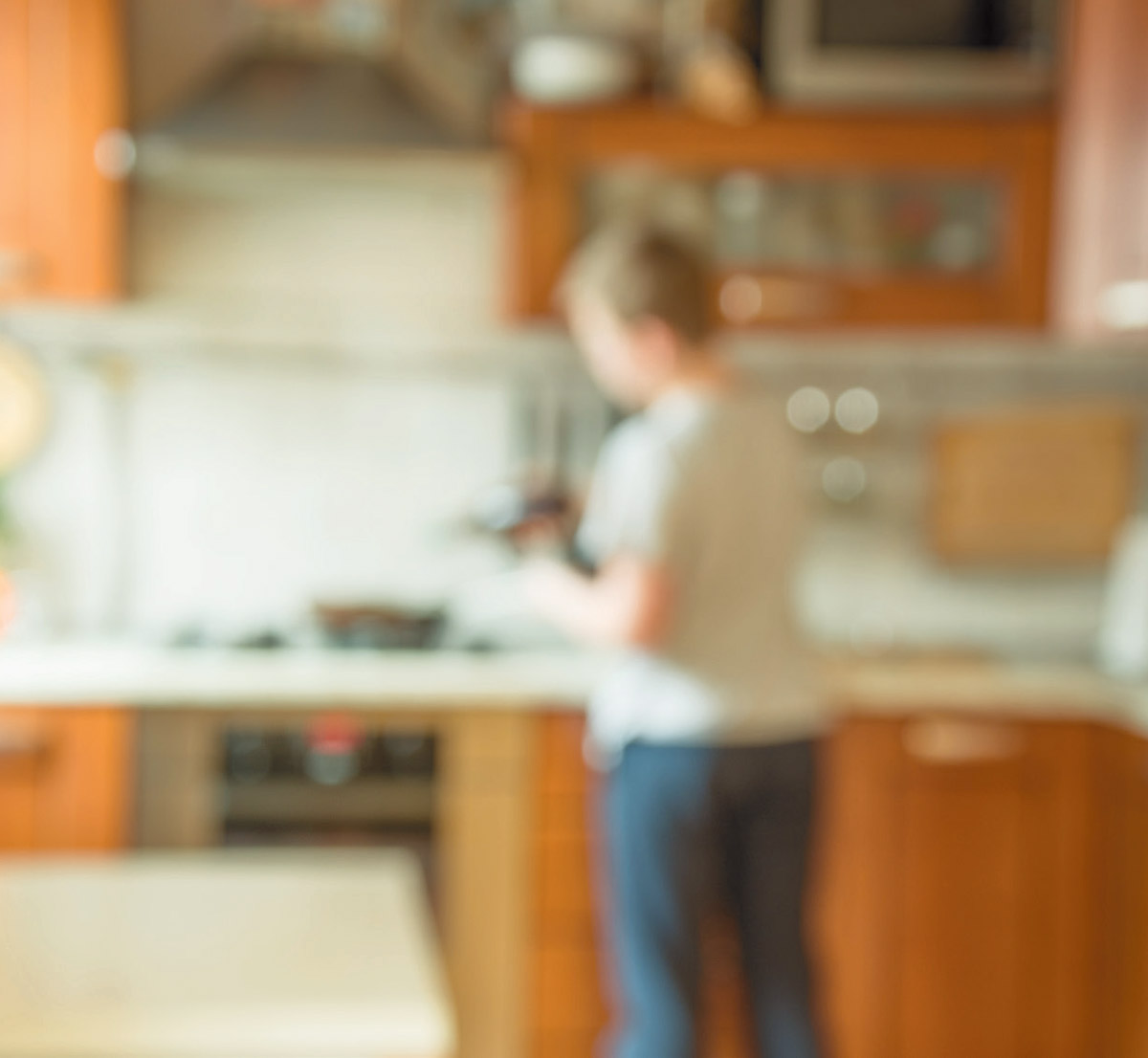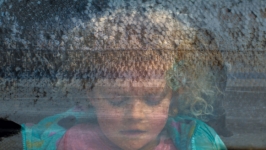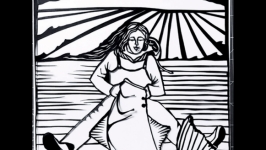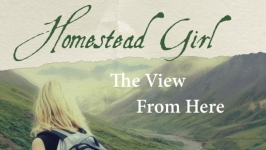Saying it with Food
My friend showed up at my doorstep with a gallon-sized zip lock bag full of chili and one of those Europa brand loaves of bread he’d picked up at New Sagaya. I remember it like this: him standing on the front stoop holding up the brown, frosty bag of chili so it was the first thing I saw. His expression, a couple feet behind the chili and his outstretched arm, had that look of fear mixed with compassion.
“I’m so sorry,” he said. And, “It needs defrosting.”
Or, maybe like a normal person (which he is) he stood there on the doorstep with the food at his side, and handed it to me after I opened the door. It’s possible that in my memory I put the lumpy bag of chili between us. Between his generosity at bringing it and my clumsiness at accepting. In that moment, I was overwhelmed by the simple kindness. I knew he was not the cook in his house; she was out of town that week. But I could see exactly what his last thirty minutes had been like. When he’d heard about the death in my family, he’d grabbed what seemed most appropriate from his freezer, picked up bread to go alongside, and beelined it to our house.
We didn’t say too much. He said again, I’m so sorry, and I thanked him a few times. Then he left, and I placed the chili and bread on the counter and considered them.
I grew up in a house that liked to talk. My dad would call “family meetings.” He pummeled my sister and me with questions about our day when he picked us up. If we were quiet he’d answer our questions himself in a falsetto. “It was GOOD Dad, thanks for asking! I particularly liked MATH today. But So-and-So was a JERK.”
At a young age I became good at identifying how I was feeling and expressing it clearly to others. I requested what I needed. I expected everyone around me would do the same.
When I got to dating as a teenager, I was bewildered. Why couldn’t these 17-year old guys perfectly sum up where they were in life, and what they wanted from me? And why weren’t they answering my (many) questions to help us both figure that out?
In fits and painful starts, I learned that some communication was unsaid. As I got older I found my own way of communicating that was also based in my upbringing, but not in language. It was through food. I couldn’t have told you what we needed that day we found out about Bill’s suicide. An airplane ticket? Some time off of work? But dinner. The frozen bag of chili. I wouldn’t have thought to ask.
I don’t know what exactly to say to my friends who become new moms. Thirty breakfast burritos that I can make in a big batch, wrap in foil, and stick in a box seems to say, “Have fun with that!”
A batch of “I’m sorry” cookies, or an invitation to dinner. Trying my hand at homemade pho for my husband’s birthday when I know he loves it and we are both broke. A leaning tower of quiches for those out of town guests in for the wedding. An ornate picnic for the party hike. And of course the crockpot full of something including protein, broth, and vegetables for someone in mourning.
Even as a person of many words, food is often how I feel most competent at offering care, and how I am most startled, and touched, to receive it.








